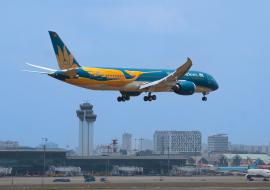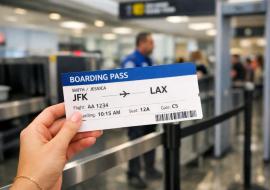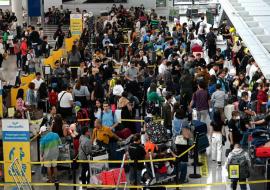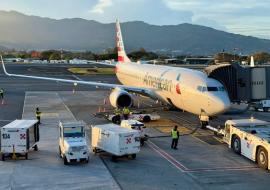Airlines Suspend Middle East Flights Amid Escalating Israel-Iran Conflict
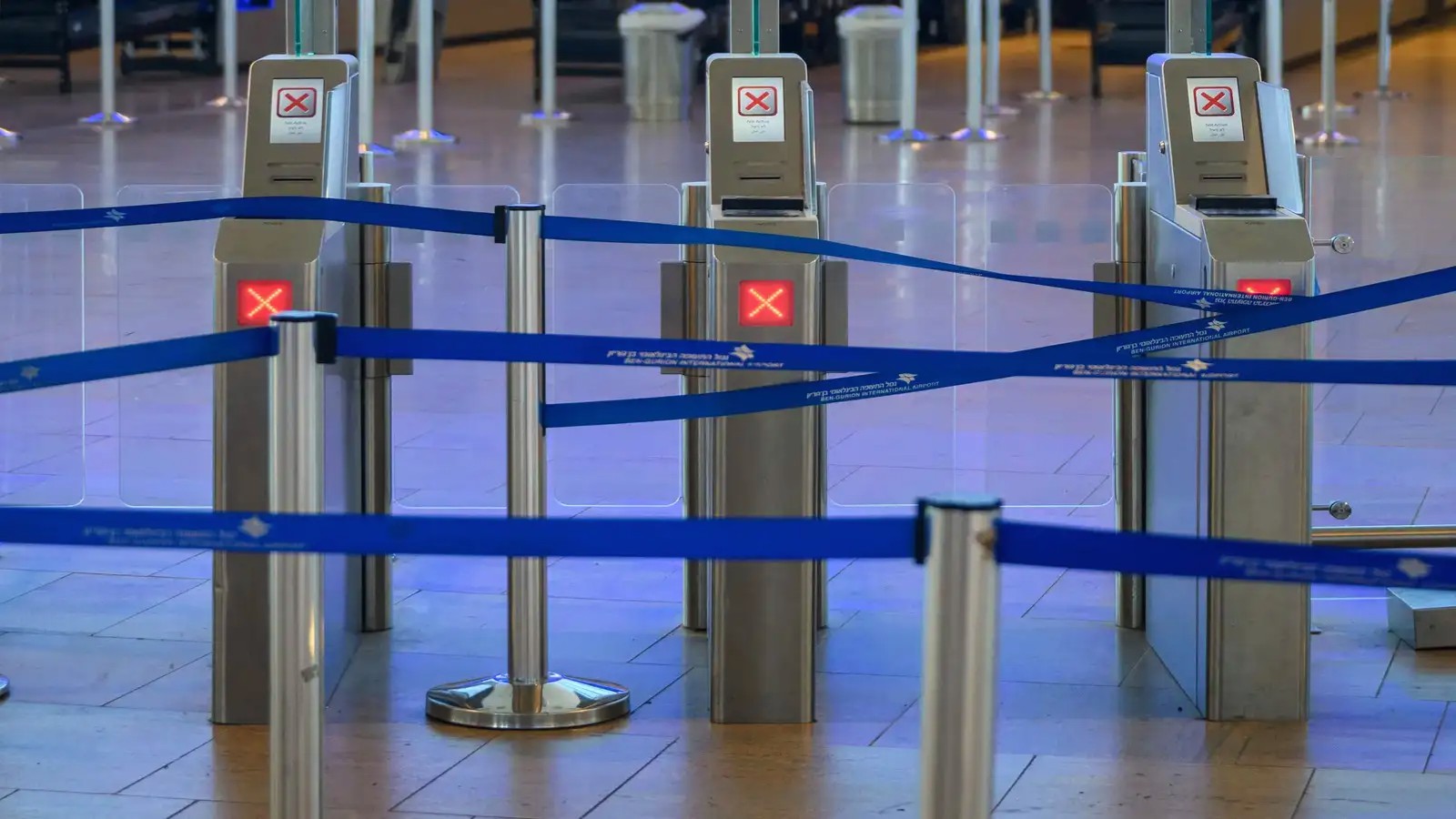
The recent escalation of the conflict between Israel and Iran has triggered widespread disruptions in air travel across the Middle East, as airlines cancel or reroute flights due to growing security concerns and widespread airspace closures.
Among the first to act were British Airways, which canceled flights to Dubai and Doha, and Singapore Airlines, which also suspended its routes to Dubai following a risk assessment. The Air France–KLM Group halted several services to Dubai, Beirut, and Tel Aviv, citing the closure of airspace over Iran, Iraq, and Israel.
In the Gulf region, major carriers such as Emirates, Etihad, flydubai, and Air Arabia have suspended flights to and from multiple destinations across the Middle East and Eastern Europe, including Iraq, Iran, and Jordan. Some of these airlines are offering rescheduling options or full refunds, while others continue to monitor the situation closely.
In Spain, Iberia and Iberia Express suspended their flights to Dubai and Tel Aviv, underscoring the growing instability in the region. The Spanish flag carrier said it is in contact with affected passengers and providing flexible solutions, including flight changes and refunds without penalty. The airline added that it will resume operations only once the safety of crews and travelers can be guaranteed, and based on guidance from international aviation authorities. The move represents a temporary setback in connectivity between Spain and key destinations in the Gulf region at the height of the travel season.
North American carriers like American Airlines, United Airlines, and Air Canada have also canceled or diverted routes to the region. In Asia, Air India and IndiGo are suspending flights and avoiding overflights through Iranian, Iraqi, and Israeli airspace altogether.
While some airlines like Qatar Airways and Etihad Airways continue limited operations, they have implemented significant route and schedule adjustments to prioritize passenger safety.
The airspace restrictions and heightened tensions have led to widespread delays, longer flight times, and increased uncertainty for travelers heading to the Middle East. Experts warn that as long as the Israel-Iran tensions persist, disruptions are likely to continue, with knock-on effects for both business and leisure travel.
Authorities are urging passengers to check their flight status regularly and stay in direct contact with airlines for updates on cancellations, rebookings, or travel alternatives. The current situation highlights how geopolitical instability can rapidly reshape the global aviation landscape, affecting millions of travelers and countless industries worldwide.








